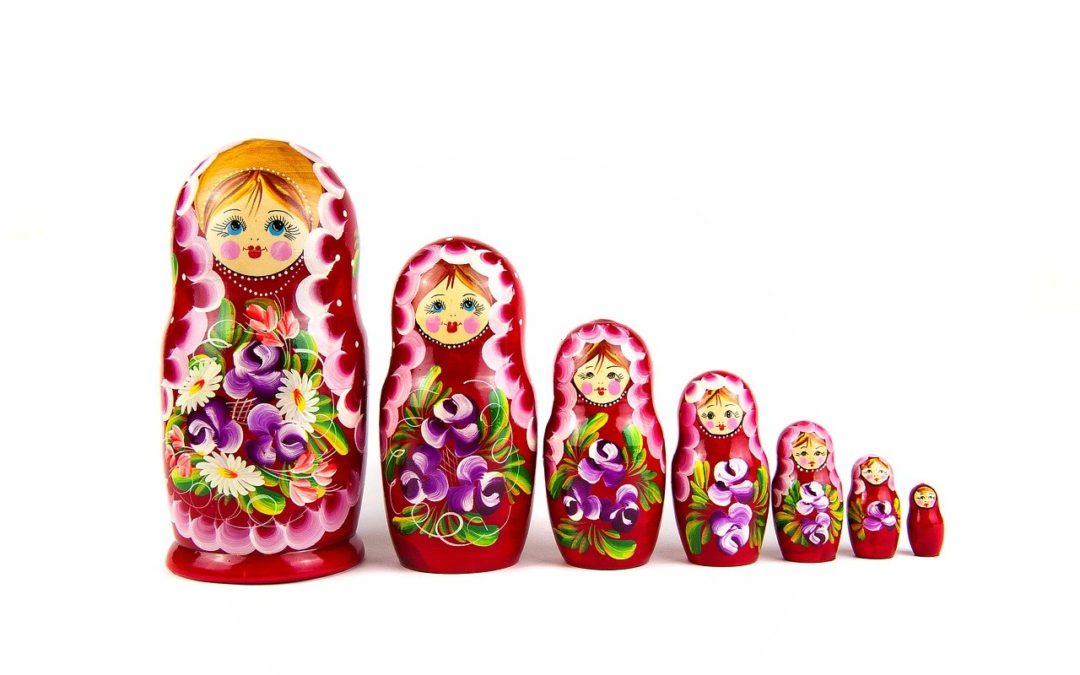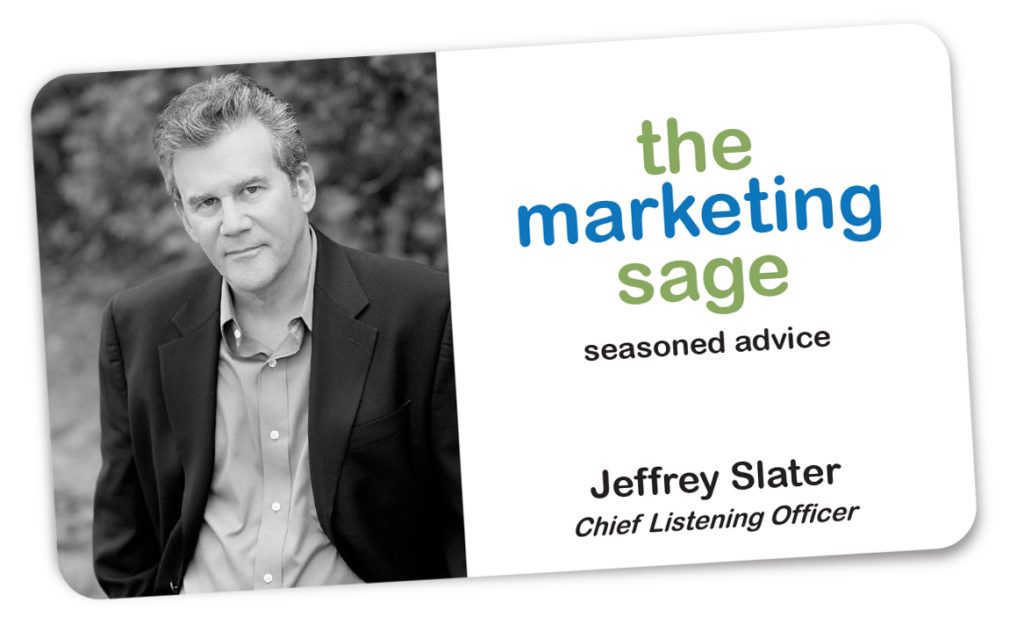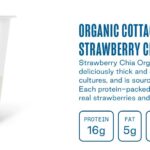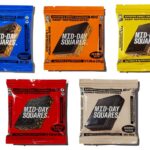Products as Souvenirs
Your brand is part of a culture. A culture or community can be parenting, motorcycle riding, or baking. Brands need to be connected to a culture and a community and understand their daily needs and desires. It is the connection that matters, not the product. The product is the souvenir of the connection.
The good news is that cultures aren’t limited – they are infinite. So, cultures can be small slices and segments of activities – like people who love to blend teas, make innovative home products for the hard of hearing, or for women who love to climb impossibly rugged vertical cliffs. There are virtually unlimited numbers of communities you can serve.
Over the break, I listened to a talk on branding strategy by a young woman named Collyn Ahart, who I had never heard of but who brought a tremendously clear and fresh perspective on the topic. This strategist has a heart so her last – Ahart – helps to brand herself and her ideas.
It turns out that the presentation is from 2013 so this young woman shared with me on Twitter that she is not quite as young today. In fact, as she told me, she is pushing 40. Still, her insights on branding were valuable and helpful. Upon doing some research, I wasn’t surprised to find that she studied cultural anthropology in college, which is great training for brand strategy work. Among the many things she shared, she said that,
“Products are souvenirs of stories and culture. The Task is to sell your pursuit, not your product.”
Collyn Ahart, Brand Strategist
Products as Souvenirs
I love this idea that a product is a souvenir of a story, a culture. or a community. Brilliant. Perfect. Crisp. This clearly articulates why branding matters because that souvenir isn’t the purpose, serving the community, and that culture is what matters and builds brand loyalty.
This refreshing perspective on how to describe the things you make versus the culture or community you serve. A souvenir is a concise way to talk about products versus branding work. Most clients I work with are product or service first – not culture first. They think in terms of making the world’s most waterproof raincoat – until someone makes one that is even more waterproof.
Collyn talks about brands as part of a culture, not the culture. Whether you call it a souvenir or an artifact, the same notion explains what branding does for a company. Her fresh take is an anchor in the idea that your product might be a catalyst to help create a culture, but cultures move at their speed. It would help if you were humble – know your place in the ecosystem. When you understand your role, it is harder to be disrupted because of the culture, not the waterproof gear.
In her talk, she sites a few examples of brands and what culture they serve:
Poler connects people through bromance, adventure photography, west coast culture
Pinterest – hunting and gathering culture, mood boards and recipe culture, curation
Rapha– Through the passion of road cycling and suffering, male/female bonding, and filmmaking
In this talk, Collyn asks, “What’s the social role of the product, how does it bring people together? What does the brand make you feel a part of?” When you conduct stakeholder interviews and research, you are in the empathy business. You are trying to understand the motive, passion, desire. Collyn’s watchword: Don’t tell stories, DO YOUR STORIES.
Keep an eye on Collyn, this brand strategist, and her work. Her honesty, passion, and appreciation of branding were alive with the truth.
If you can’t see the video below, click here.
Photo by https://pixabay.com/users/goshadron-2079402/
You can set up a time to chat with me about your marketing challenges using my calendar. Email me jeffslater@themarketingsage.com Call me. 919 720 0995. The conversation is free, and we can explore if working together makes sense. Watch a short video about working with me.
HT to Dr. Leigh George who shared Collyn’s video on Twitter.





